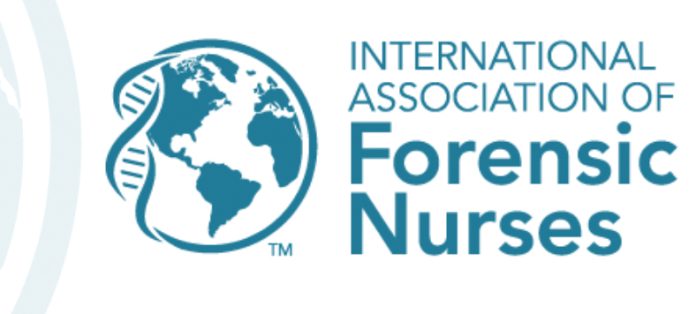In response to the American Academy of Pediatrics’ “Intimate Partner Violence-Related Firearm Child Homicides: An Urgent Call to Action” published November 6, 2024, Jennifer Pierce-Weeks, BSN, RN, SANE-A, SANE-P
Chief Executive Officer of the International Association of Forensic Nurses, issued the following statement:
The International Association of Forensic Nurses (IAFN) amplifies the American Academy of Pediatrics’ call to action published in Pediatrics today. Protecting our children from witnessing and experiencing any form of intimate partner violence (IPV) is paramount. The alarming statistics published in Pediatrics today, sadly, are not news to our members, who provide specialized healthcare for patients impacted by violence and trauma.
IAFN urges physicians in all practice areas to ensure their clinical staff members are trained to identify patients who may be victims of IPV, in addition to creating and nurturing bi-directional relationships with victim service agencies,
IPV causes both acute and long-term health conditions in children who have witnessed or experienced it. The high occurrence of children’s exposure to IPV places them at risk for mismanagement of their emotions, mental health conditions (such as anxiety, depression, PTSD), and poor coping behaviors (such as impulsiveness, unsafe sexual activity, and substance abuse). It is important to remember that where there is a child witnessing IPV, there is a primary victim of that IPV as well. Trauma from IPV, whether witnessed or experienced first-hand, can cause chronic health effects throughout the person’s lifetime.
Forensic nurses trained to identify and treat victims of IPV should be part of the “strengths-based healing-centered approach” that AAP recommends in its clinical guidelines. IAFN can play a significant role in training clinicians whose patients are victims of IPV. The U.S. Department of Justice (DOJ) Office on Violence Against Women (OVW) recently released its first evidence-based clinical guidance on IPV, with best practice recommendations for clinicians in various settings. This includes an interactive, mobile-friendly version of the protocol with expanded resources and tools. IAFN also offers a 15-hour online Intimate Partner Violence Nurse Examiner Certificate Program.
Nurses must be educated in how to identify the patient experiencing IPV, provide trauma-informed care, and safely connect the patient to appropriate resources and services in an effort to help mitigate the long-term physical and mental health consequences, including homicide. Any patient may be a victim of violence; therefore, every nurse is a forensic nurse.
The International Association of Forensic Nurses is a professional organization of more than 6,000 nurses who provide specialized healthcare for patients impacted by violence. The Association establishes the standards of practice for forensic nursing; defines and advances the global research agenda to enhance forensic nursing’s evidence-based response; develops, promotes, and disseminates information about forensic nursing science; and serves as a global network for forensic nurses to exchange ideas, serve as mentors, and enhance their practice. For more information, visit forensicnurses.org.













